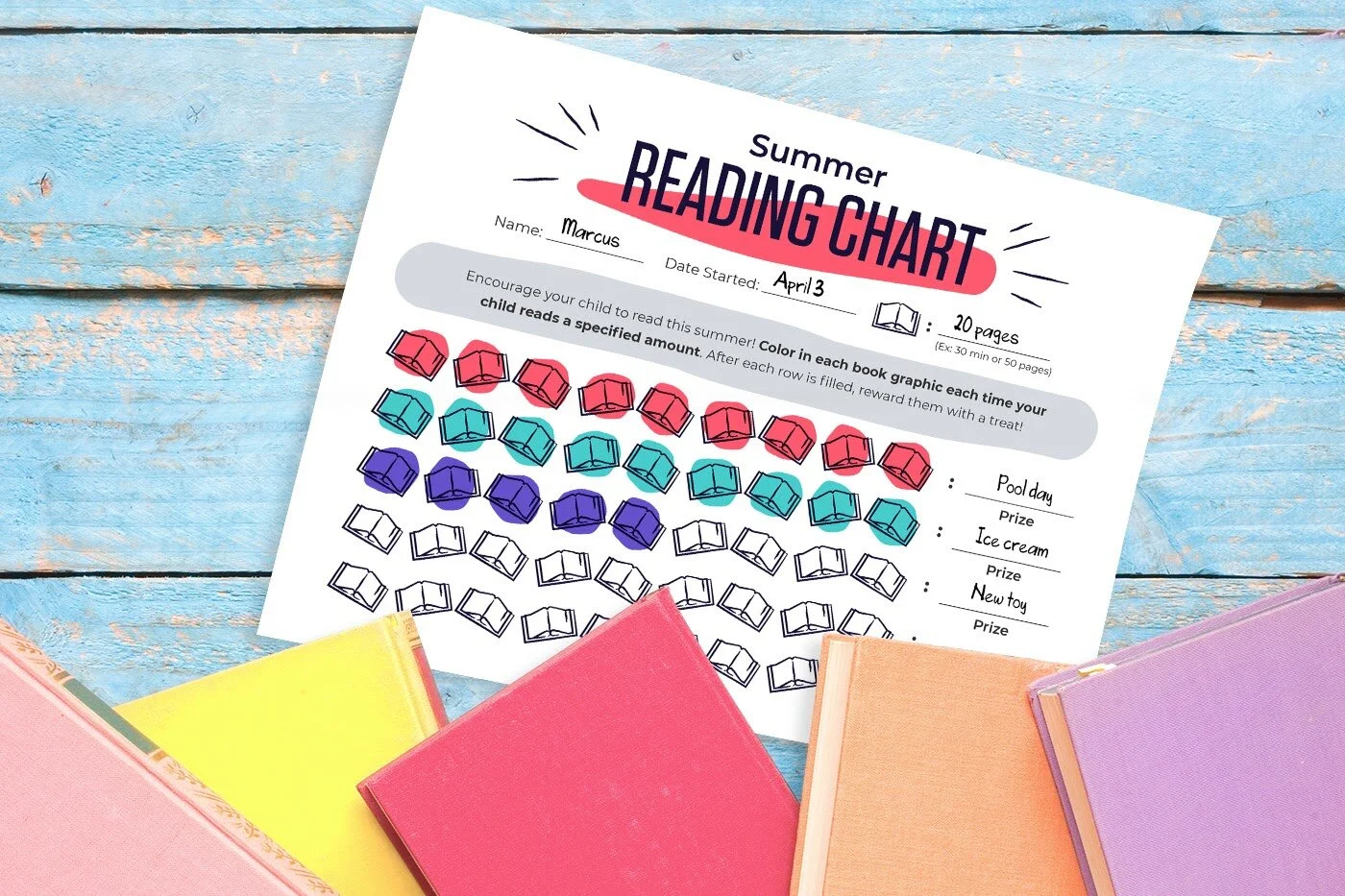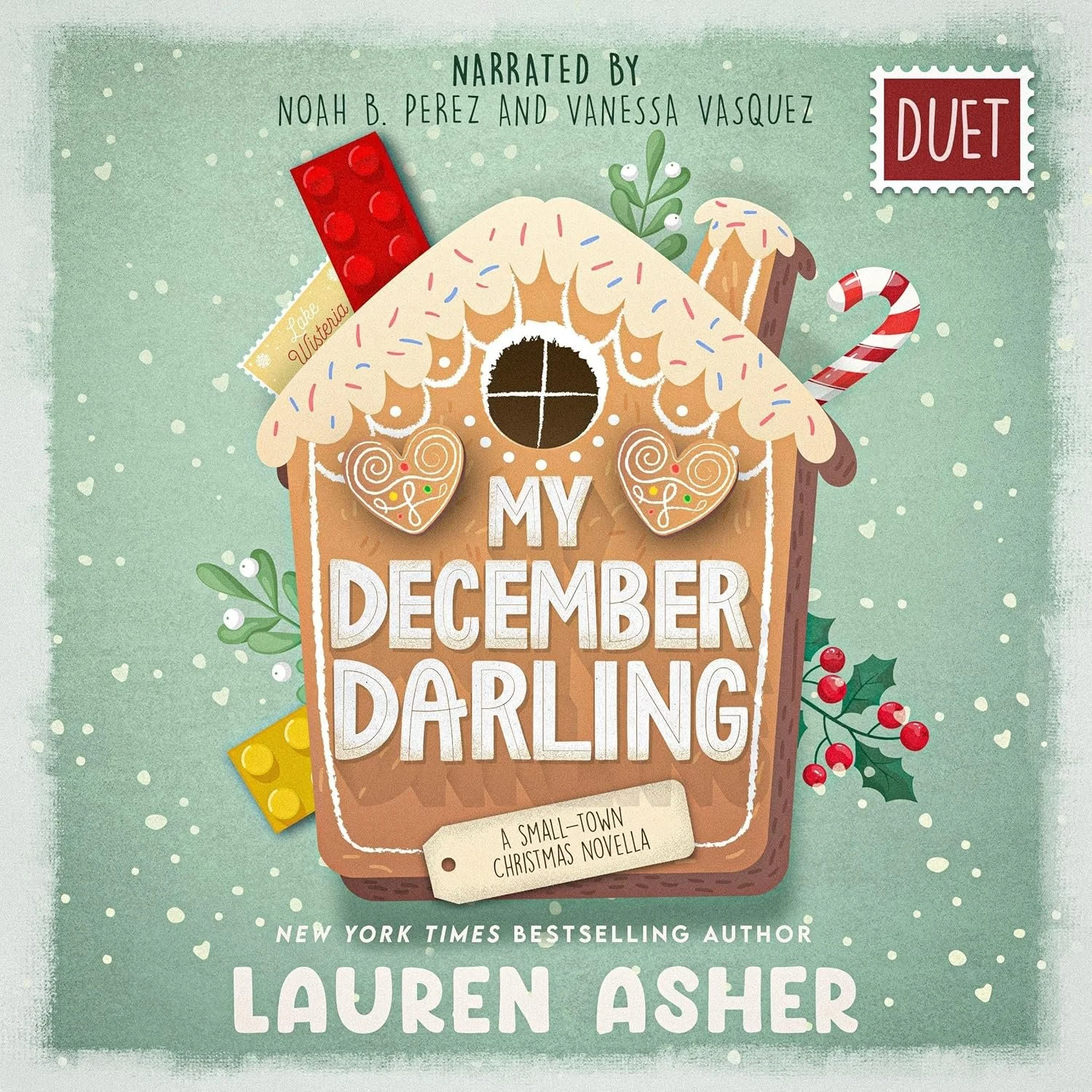In 2019, American conservationist Johnny Armstrong published his debut novel ‘Shadowshine: An Animal Adventure’, which tells the story of Zak, a philosophical poet-possum who goes on a tremendous journey of self-discovery, perseverance, and identity. Set in an allegory and interwoven with magic realism, Armstrong weaves an intense tale of a struggle against a malicious villain who threatens to destroy Zak and his companions’ existence as they know it. Alongside his wise bob-cat friend, Sena, Zak tries to defend their home, the forest, from the humans who are attempting to exploit it for their own greed, and their ring-leader, Mungo.
Through these animal personas, Armstrong holds up a mirror to reflect the current scenario that we are living in—that humans are responsible for the degeneration of the environment, and, ultimately, the extinction of the human species. There isn’t any smoke and mirrors clouding Armstrong’s inspiration for shaping Mungo’s character—we are Mungo, and Zak represents nature, fighting to save itself from our onslaught. Armstrong describes the beauty and magnificence of evolution, and raises questions about co-existence and, above all, an identity crisis that many think humans are going through as we begin to contemplate the idea of a future where humans may cease to exist.
Are Humans the Natural Rulers of the World?
For centuries, humans have forged a path ahead for themselves, believing that they are at the top of the food-chain—a position we have claimed due to our intellectual superiority and technology. But has this intellectual superiority led us to our own downfall? It seems like our personal technological achievements have blind-sided us to the failures that steadily followed them.
An ecosystem that exists to ensure biodiversity and a balance that’s essential for survival was perhaps upended when the industrial revolution began and humans established their status as the head of the household—a household from which multiple family members have left, or have been forced to leave, on account of the tyrannical rule of the head of the family. ‘Shadowshine’ asks all the right questions: are humans really the natural rulers of the world? Moreover, are we as capable as we think we are to shoulder such an immense responsibility and do it well?
History is not on our side, given the long list of extinct and endangered species, the crumbling effects of climate change, global warming, and other environmental issues that have demanded immediate attention for decades but have been swept under the rug in favor of promoting capitalism and technological advancement.
No Longer a Community
In 2009, James Cameron’s film ‘Avatar’ raised a red flag concerning humanity’s loss of connection with the earth. Somewhere along the way, we elevated ourselves onto a pedestal that removed us from the circle of life that we are a part of, a pedestal so high up that we can longer see how the side-effects of this move are affecting the rest of the ecosystem. There are red flags all over the world—wildfires, tsunamis, earthquakes and most recently, the COVID-19 virus that’s threatening to push humanity to the brink of extinction—all of these can be perceived as sirens that Nature is giving us to rethink our priorities. The sirens are blaring, loud and clear, but we are turning a deaf ear to Nature’s cries for help.
One of the most important takeaways from the book is that we need to mend the link that connects us to the ecosystem. We must learn from the Native Americans, whose bond with Nature still glows bright and strong, although their community has had a history of being plundered and exploited in the name of progress. It’s an ancient give-and-take system where the balance of life was carefully maintained, but this system has been broken down into a ‘take-only’ practice.
Through ‘Shadowshine,’ Armstrong demonstrates what kind of destiny we are headed towards if we continue to ignore all these warning signs. The bond between the ‘forest-folk’ and their unity in the fight against Mungo and other humans is admirable and is precisely what we need to espouse.
COVID-19: A Dramatic Lesson in Humility
Right from the beginning of 2020, Nature has taught humanity successive lessons in humility, with the Coronavirus being perhaps the ultimate lesson so far. Humans have lost the strong foothold we thought we had on the natural sequence of events. As more and more people succumb to the deadly virus, and with no cure in sight, COVID-19 may be the first of many viruses that surface to wipe out the human population. A quick look at evolutionary history shows that the Earth has undergone multiple rounds of mass extinctions and has survived to tell the tale. Humans are all poised to be the next victims of this mass extinction and we have no one to blame but ourselves. The most humbling lesson of all is that humans are not as infallible as we thought we were—in the face of nature’s weapons, we are on the same footing as the rest of the ecosystem. For all our technological superiority, our inventions are useless in combating the virus.
Decades of Ignoring Warning Signs Have Led Us to This Point—But is It a Point of No Return?
Armstrong’s ‘Shadowshine’ has taught us that we have a short-sighted view of the future of humanity’s survival. We need Nature as much as Nature needs us, but we have forgotten this important fact and have forced Nature down to a lower pedestal. This one-sided conversation has gone on for far too long, we need to let Nature speak. More importantly, we need to listen.




















































